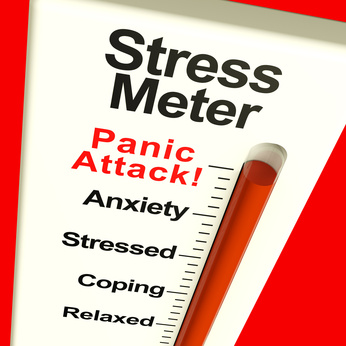Category: Stress
-

How to Reduce Rumination and Stress by Doing More and Thinking Less
Ruminating. Catastrophising. Panicking. All describe the breakdown of logical reasoning that happens when we are in such a state of anxiety that our thinking is paralysed. So how is it possible to stop going over and over a source of worry? The answer to reduce rumination isn’t more thinking, it’s more doing. Why Can’t I…
-

Keep Your Head: Managing Mental Health During Coronavirus in Sweden
Mental Health has become a buzzword expression around the world since the COVID19 pandemic began. When regulations and public health advice keeps us socially distant, how can go about managing mental health during Coronavirus to keep it together? The coronavirus COVID-19 is a source of stress for many English speakers in Sweden. While health authorities…
-

Emotional Self Help Books for Expats and English Speakers in Sweden
I need help with Anger Management / Distraction / ADD / Overwhelming Emotions…(strike out what does not apply) …can you recommend any self help books for expats to read? Clients are often asking me for book recommendations. While self help books for expats aren’t the same as therapy or coaching sessions, they have their place…
-

Relationship Counselling: Ending the Blame Game for Better Communication
How often have you been in a situation where your partner has blamed you unfairly or found fault with everything you say? Constant put-downs and negativity mean criticism is thriving in your relationship. Here are some ideas about how to nip them in the bud and start having better communication with your partner. First up,…
-

Anxiety Therapy in Stockholm: Walk and Talk or Talk and Tea… You Choose!
Treatment for Anxiety is now attracting the same attention given to Depression over recent years. And it’s no wonder. Many people are unaware that Anxiety is affecting their lives and as a result become confused as to how to better approach their symptoms. Talk therapy can offer new ways of responding to Anxiety, and you…
-

Swedish Culture Shock: 5 Practical Ways to Deal with Stress
Providing counselling services for expats in Stockholm, I’m often helping my clients to manage and find ways to relieve stress. This stress might be related to cultural factors including the difficulty many report in making friends with Swedes or it could be to do with a close relationship or marriage. It can be associated with…
